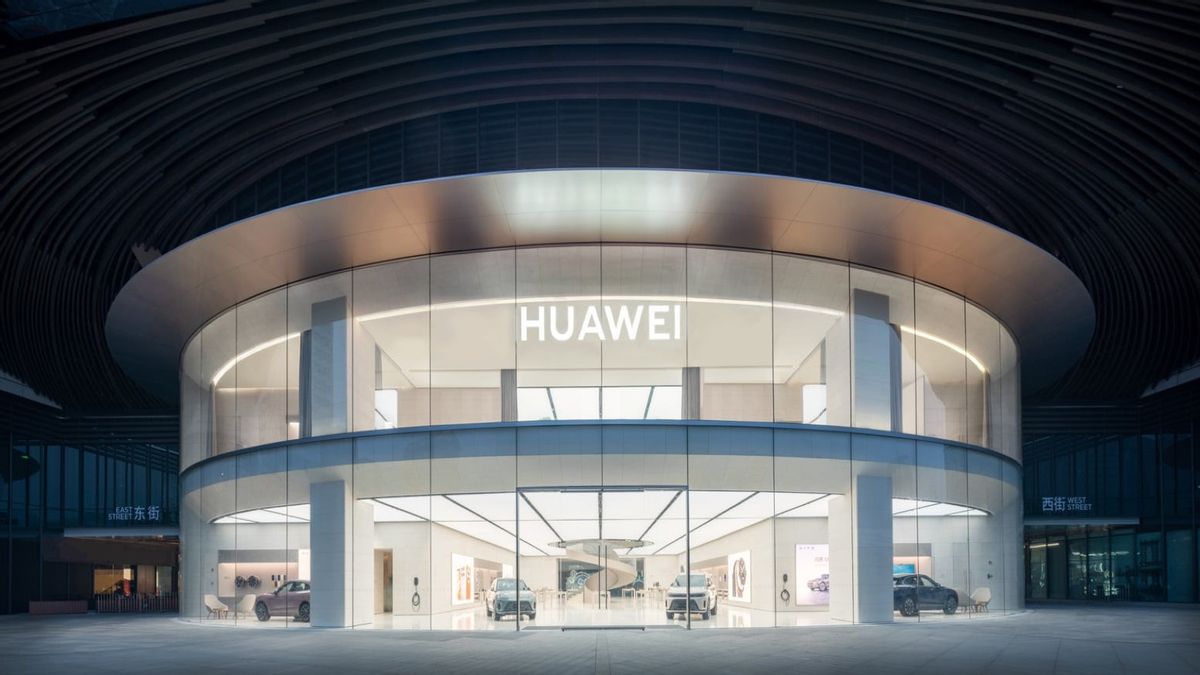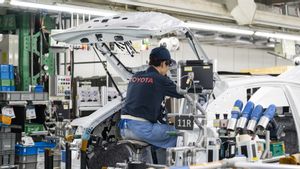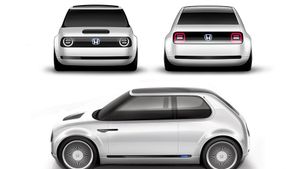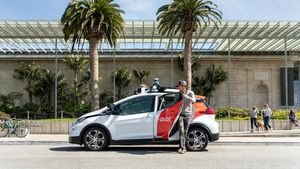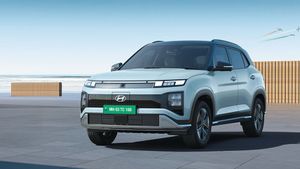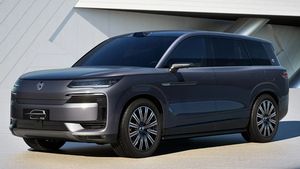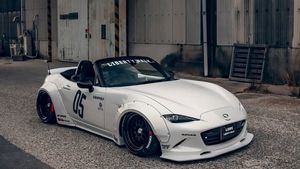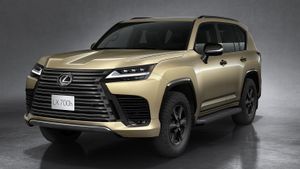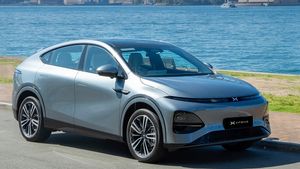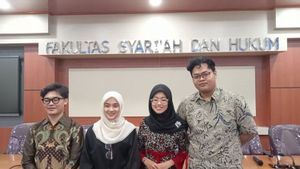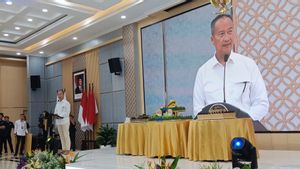The work of technology giants from China, namely Huawei and Xiaomi in the automotive world, should be wary of rivals.
The latest news comes from Huawei, which went into the automotive world first where the latest electric sedans resulting from Huawei and BAIC cooperation, Stelato X4, are currently undergoing a trial period and are scheduled to make their debut in the Chinese market in the first quarter of this year.
Quoting from the ArenaEV page, Monday, January 8, recently the appearance of the electric sedan began to be shown, where it was seen being tested on the road but wrapped in camouflage on the exterior.
At first glance, the X4 sedan retains the design language seen in Luxeed S7 and Aito M9 Huawei. If you look at the details of this one's car, it looks slim and modern thanks to the light ahead which is thin, as well as a single back light.
In addition, the car that will enliven the electric sedan market is equipped with traditional rearview mirrors, and a door handle that can be opened, even equipped with a LiDAR sensor on the roof.
Meanwhile, the interior of the design is thick with the Luxeed S7 model, which features a triple-barreled steering wheel, and a floating screen that stands out in the center console. The additional features include wireless charging pads, a hidden compartment. There is even an interesting Face-ID sensor clearly displayed on the A pillar.
SEE ALSO:
Details about Stelato X4's powertrain are still shrouded in mystery. However, it makes sense to estimate that Huawei will take advantage of its electric motor technology, similar to the one used in Luxeed S7, which offers 4WD systems and 375 kW output. This has the potential to distinguish Stelato X4 from its competitors in the Chinese electric vehicle market
Stelato X4 is preparing to debut on the market and will be priced at 300,000 yuan or around Rp. 650 million. When it has launched, it will certainly face stiff competition from old players in the giant-dominated Chinese electric vehicle market such as NIO, XPeng, VW, and Tesla.
The English, Chinese, Japanese, Arabic, and French versions are automatically generated by the AI. So there may still be inaccuracies in translating, please always see Indonesian as our main language. (system supported by DigitalSiber.id)
